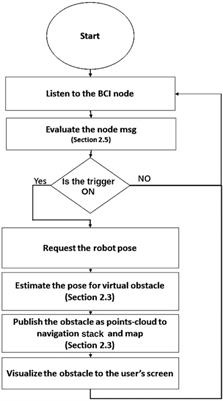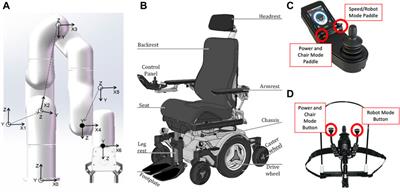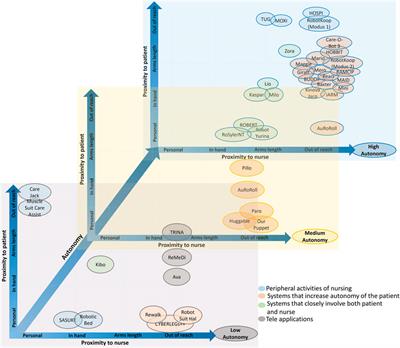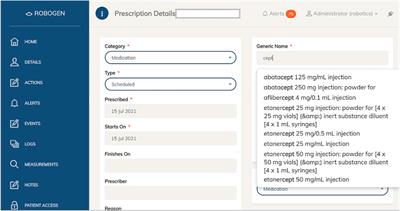EDITORIAL
Published on 10 Feb 2023
Editorial: Robots in assisted living environments: Enhancements, challenges and future perspectives
doi 10.3389/frobt.2023.1134462
- 2,738 views
- 1 citation
5,516
Total downloads
36k
Total views and downloads
You will be redirected to our submission process.
EDITORIAL
Published on 10 Feb 2023
ORIGINAL RESEARCH
Published on 29 Nov 2022

ORIGINAL RESEARCH
Published on 22 Jul 2022

ORIGINAL RESEARCH
Published on 12 Jul 2022

ORIGINAL RESEARCH
Published on 25 May 2022

ORIGINAL RESEARCH
Published on 07 Apr 2022

ORIGINAL RESEARCH
Published on 25 Jan 2022

